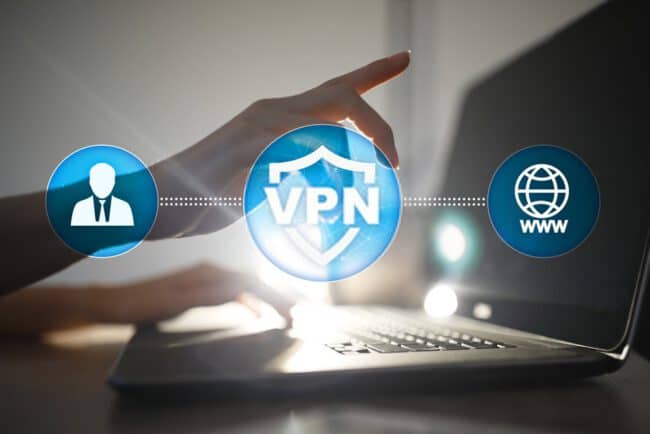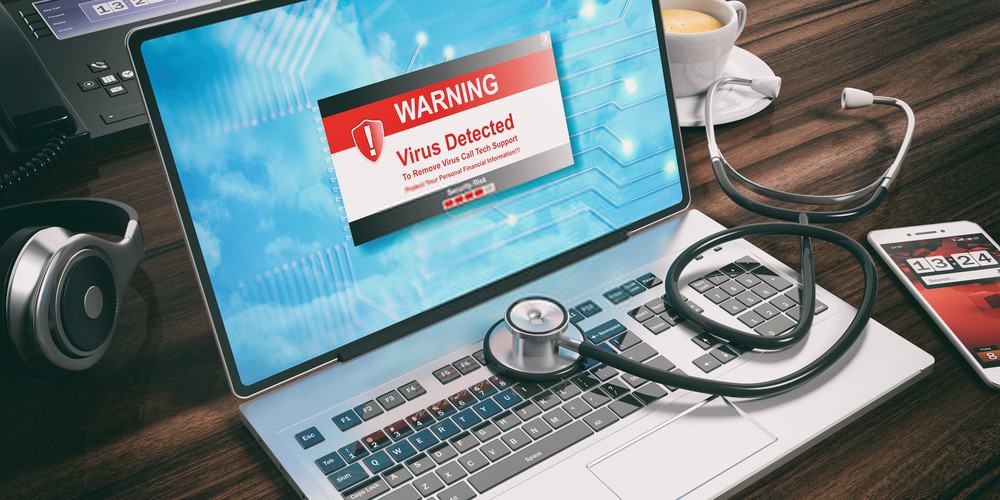Keeping your PC protected from a vast scope of cyber threats is a must. After all, you’re likely to be storing sensitive data in there. Every hacker would love to have a look at. Be it family photos or work-related files — everybody’s hard drive stores something of value.
And if you’re a Windows user, you should keep that in mind. Windows is the most popular OS at the time (and the foreseeable future). But it does have its fair share of vulnerabilities. That makes it a popular target for hackers to go after.
With this in mind, here are some practical tips on how to secure your Windows PC:
1. Create a System Restore Point
Creating a system restore point allows you to revert the operating system to the previous state before things went wrong. It’s not pessimistic thinking; instead, it’s a matter of caution.
For instance, you could make a system restore point right after you’ve finished installing the operating system. It’s useful in many ways. For one, you could revert to the old version if one of the drivers you’ve installed causes problems. A system restore point also comes in handy for diagnostic purposes.
Also read: Mi Stock Recovery
2. Use Nothing but the Latest Version of Software
This tip is crucial for any security suite and your browser. The problem with using older versions is that they’re full of bugs that hackers love to exploit. It’s the easiest way to plant malware onto your system. They can even hijack your browser. If hackers succeed, they can see your entire search history. In some instances – they may also see your every keystroke. Imagine how much of an issue this becomes when typing in credit card numbers, passwords, and similar.
3. Install Antivirus Software
You can download the Windows Malicious Software Removal Tool straight from Microsoft’s official website. This tool will keep you safe from various types of malware on a fundamental level. For more advanced protection, consider installing a premium-grade antivirus suite. It will keep you safe from most malicious code attacks.
Although, bear in mind that no piece of software is 100% reliable. In other words, even the best antivirus cannot guarantee a 100% detection rate. Don’t forsake common sense just because you have antivirus.

4. A VPN Will Keep Your Connection Safe
Not all WiFi networks are equal. The public ones, for example, the ones you can find in a typical coffee shop, can be somewhat questionable. So if you plan to establish a connection through the public WiFi network, proceed with caution. Always use a VPN server when connecting. Otherwise, you’re opening yourself up to having your data intercepted.
Browsing some news sites or forums is fine. But as soon as you think about logging in to your social accounts or online banking, don’t take any chances. Use a VPN instead.
5. Educate Yourself on the Most Common Cybersecurity Threats
Believe it or not, but in most cases, using your head and best judgment is the most reliable method for keeping out of trouble. Period. Thus, educating yourself on the most common types of threats you can encounter online goes a long way toward staying safe.
For instance, phishing is a standard technique hacker use. It works by playing on one’s sense of responsibility and applying other ways of pressure to get the job done. An example would be a hacker masquerading as an administrator of a website you’ve created an account on. The next step is to lure you into visiting a fraudulent login form that looks like the one from that website. But it’s nothing more than a fake with no mechanism behind other than a password-siphoning code.
6. Make Regular Backups
Since it’s impossible to stay safe all the time, the best way to go about it is to make regular backups. This way, even if you have to reinstall Windows because of a malware infection, you’ll be able to restore your data. And then to resume your work from the point where you left off.
In case ransomware gets the best of your hard drive, you also avoid paying a ransom. Most often, it’s enough to wipe the hardware clean and restore your files from a backup you’ve made before.
Conclusion
Microsoft Windows is a popular and user-friendly operating system. But you can’t count on the developers to take care of everything for you. Strive to do your best to keep yourself safe from hackers by following the tips outlined above.


COMMENTS